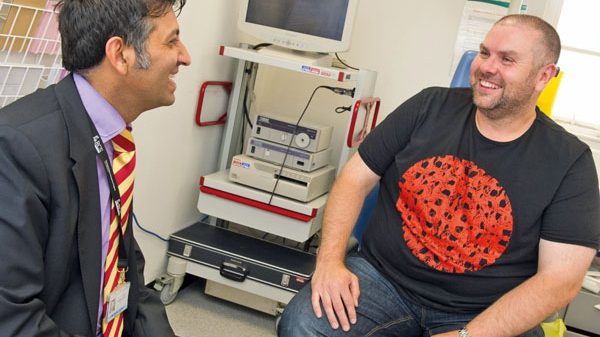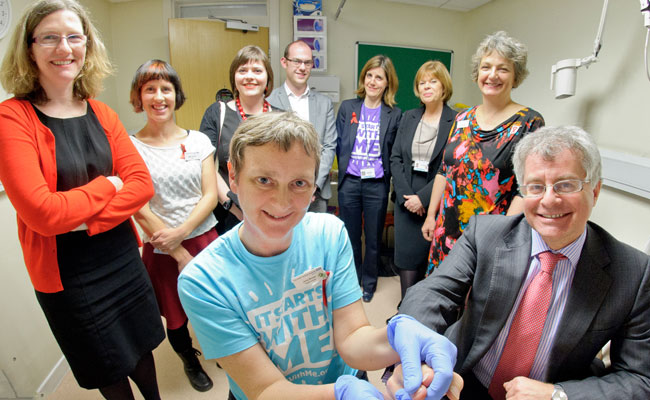The number of people living with diabetes in the UK has soared by 59.8 per cent in a decade, according to a new analysis by Diabetes UK.
The new figures,extracted from official NHS data, show there are now 3,333,069 people diagnosed with diabetes, which is an increase of more than 1.2 million adults compared with ten years ago when, in 2005, there were 2,086,041 people diagnosed with the condition.
In Yorkshire an estimated 291,775 people have been diagnosed with diabetes, of those 56,849 have Type 1 and 234,926 have Type 2. In Leeds an estimated 3,759 have Type 1 and 30,070 have Type 2.
Type 1 diabetes develops when the insulin-producing cells in the body have been destroyed and the body is unable to produce any insulin. It is treated with daily insulin doses and is the most common form of diabetes diagnosed in children.
Type 2 diabetes develops when the insulin-producing cells in the body are unable to produce enough insulin, or when the insulin that is produced does not work properly (known as insulin resistance). There are a number of risk factors, such as, being overweight or obese, being over the age of 40 or coming from a African-Caribbean, Black African, Chinese or South Asian background, that increase your risk of developing the condition.
The symptoms of Type 1 and Type 2 diabetes are similar, however in Type 1 diabetes the signs and symptoms are usually very obvious and develop very quickly, typically over a few weeks. The symptoms are quickly relieved once the diabetes is treated and under control.
In Type 2 diabetes the signs and symptoms may not be so obvious, as the condition develops slowly over a period of years and may only be picked up in a routine medical check up. Symptoms are quickly relieved once diabetes is treated and under control. Early diagnosis is very beneficial so it is important to understand the risk associated with Type 2.
The main symptoms of diabetes include
• passing urine more often than usual, especially at night
• increased thirst
• extreme tiredness
• unexplained weight loss
• genital itching or regular episodes of thrush
• slow healing of cuts and wounds
• blurred vision
Diabetes is a serious, complex and often overwhelming condition for those who are diagnosed and their friends and family.
People living with diabetes may have to deal with short-term or long-term complications as a result of their condition. These can impact on a wide variety of parts of the body including eyes, heart, kidneys, nerves and feet and left untreated can lead to further complications such as amputations, heart disease and strokes.
Diabetes currently accounts for 10 per cent of the entire NHS budget, and 80 per cent of this spend going on managing potentially avoidable complications.
However, given the right care, support and information, people living with diabetes can go on to live long and healthy lives. Structured education is vital to this, as well as ensuring that people living with diabetes receive regular health checks, which should identify any possible complications.
In addition to the National Institute for Health and Care Excellence (NICE) guidelines, Diabetes UK have produced a list of the essential health checks and services that everyone with diabetes should receive: www.diabetes.org.uk/Guide-to-diabetes/Monitoring/15-healthcare-essentials/







